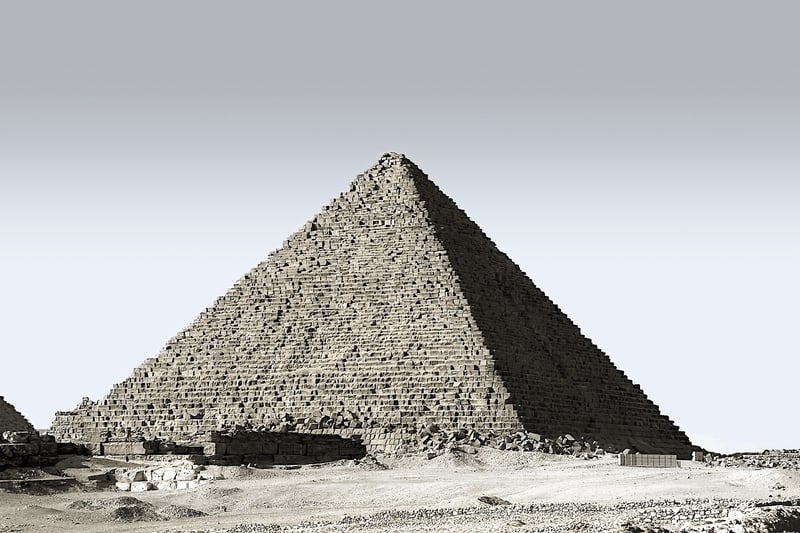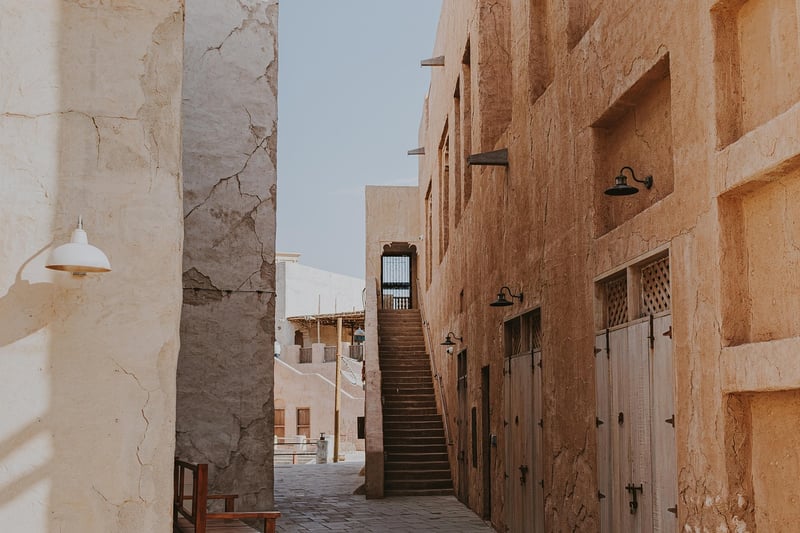Historical Preservation
The Intersection of Moral Considerations and Historical Preservation
In today's world, the preservation of historical sites and artifacts is not just about maintaining physical structures but also about upholding moral values and ethical principles. The intersection of moral considerations and historical preservation presents a unique challenge that requires a delicate balance between respecting the past and acknowledging the ethical implications of our actions.
The Importance of Historical Preservation
Historical preservation plays a crucial role in maintaining our collective heritage and identity. By safeguarding historical sites, we can learn from the past, appreciate different cultures, and understand the events that have shaped our world. These sites serve as tangible links to our history and provide valuable insights into our ancestors' lives, achievements, and struggles.
Challenges in Historical Preservation
Despite the significance of historical preservation, it is not without its challenges. Development pressures, natural disasters, and conflicts often threaten the integrity of historical sites. Additionally, ethical dilemmas arise when deciding how to preserve these sites while considering the moral implications of our actions.
The Moral Dimension of Historical Preservation
When it comes to historical preservation, ethical considerations play a central role. Questions of ownership, cultural appropriation, and the treatment of human remains are just some of the moral dilemmas that preservationists grapple with. For example, should artifacts taken from colonized lands be returned to their countries of origin? How should sacred sites be protected while ensuring public access?
Striking a Balance
Preserving history while respecting moral considerations requires a nuanced approach. It involves engaging with local communities, consulting with experts, and incorporating diverse perspectives into decision-making processes. By recognizing the ethical dimensions of historical preservation, we can ensure that our actions are not only preserving the past but also upholding the values of fairness, respect, and justice.
Conclusion
As we navigate the complex terrain of historical preservation, it is essential to remember that our actions today will shape the future of our shared heritage. By embracing moral considerations and ethical principles, we can safeguard historical sites for generations to come, ensuring that they remain not just as relics of the past but as living testimonies to our collective humanity.

Image source: Pixabay
